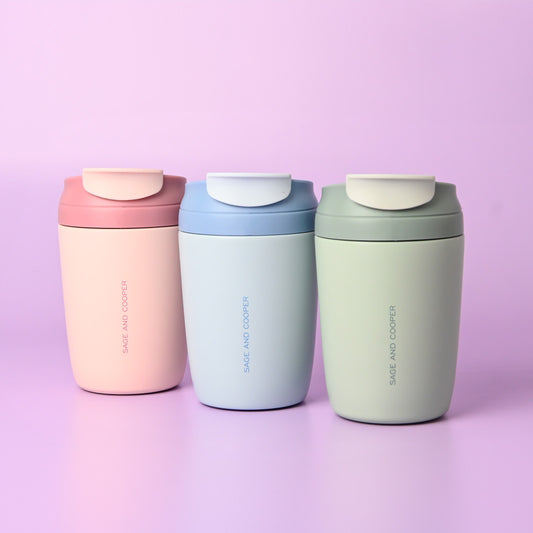
1
/
of
5
Sage & Cooper
Sea Shepherd Allegra Bottle 750mL
Regular price
$34.95 AUD
Regular price
Sale price
$34.95 AUD
Unit price
/
per
Shipping calculated at checkout.
Share
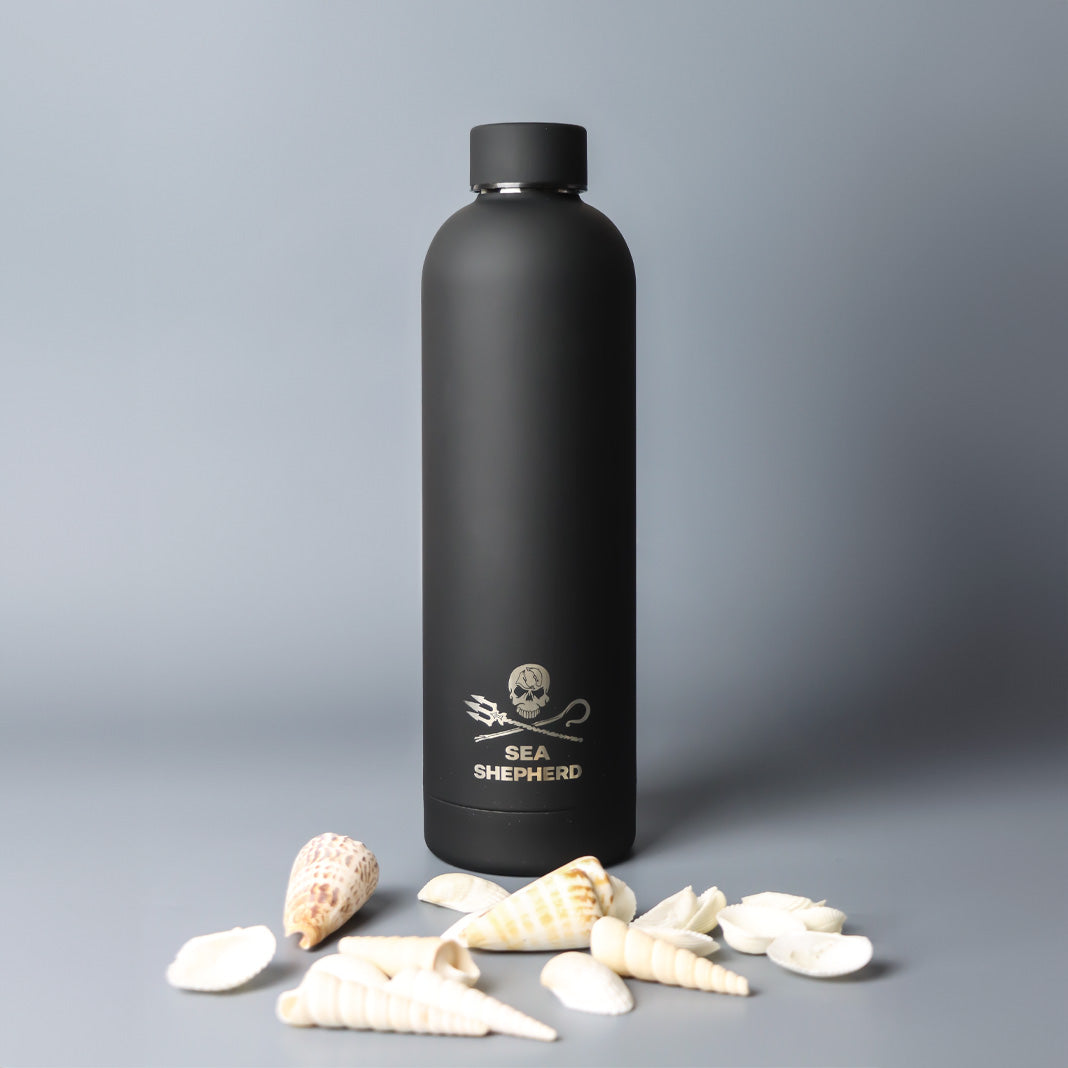
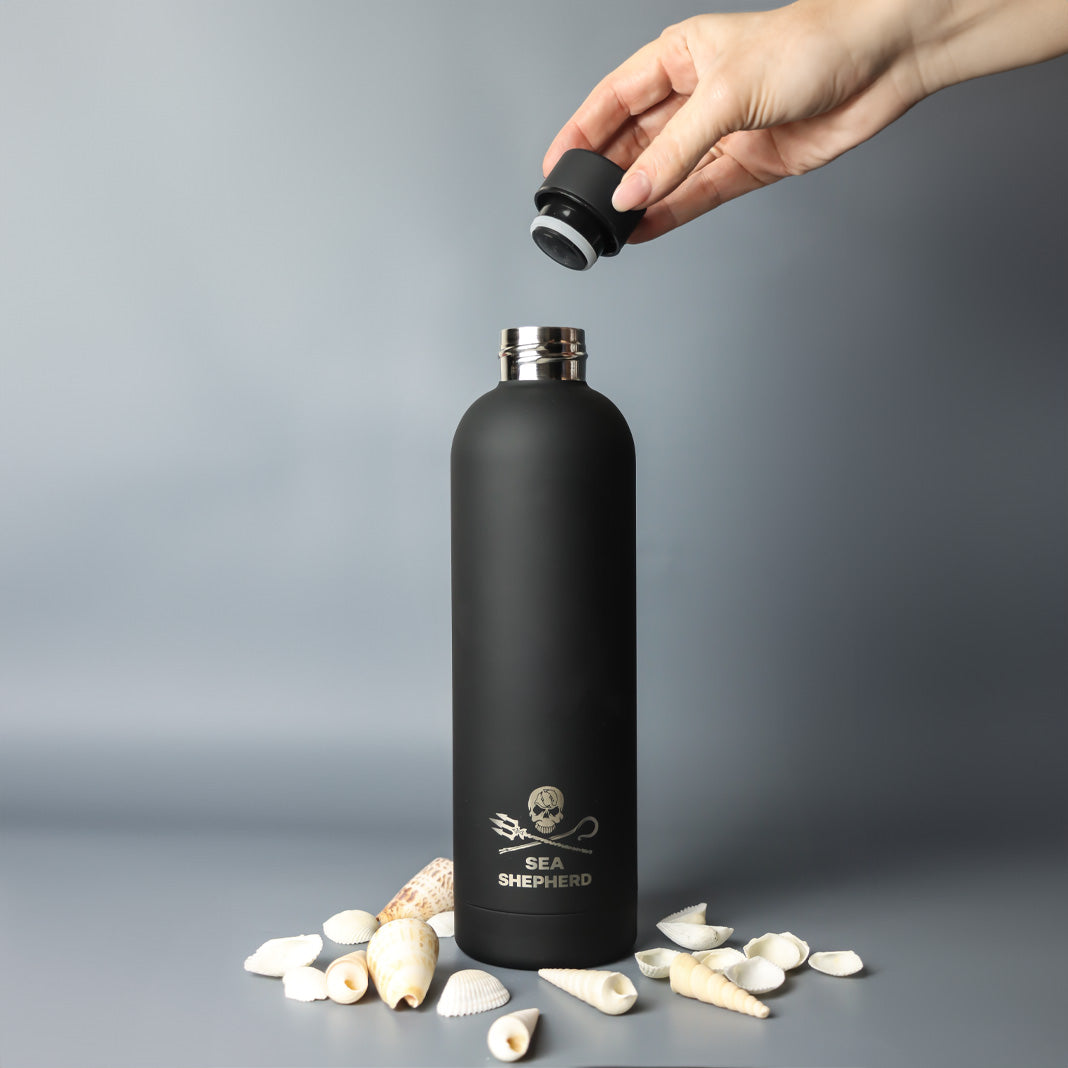
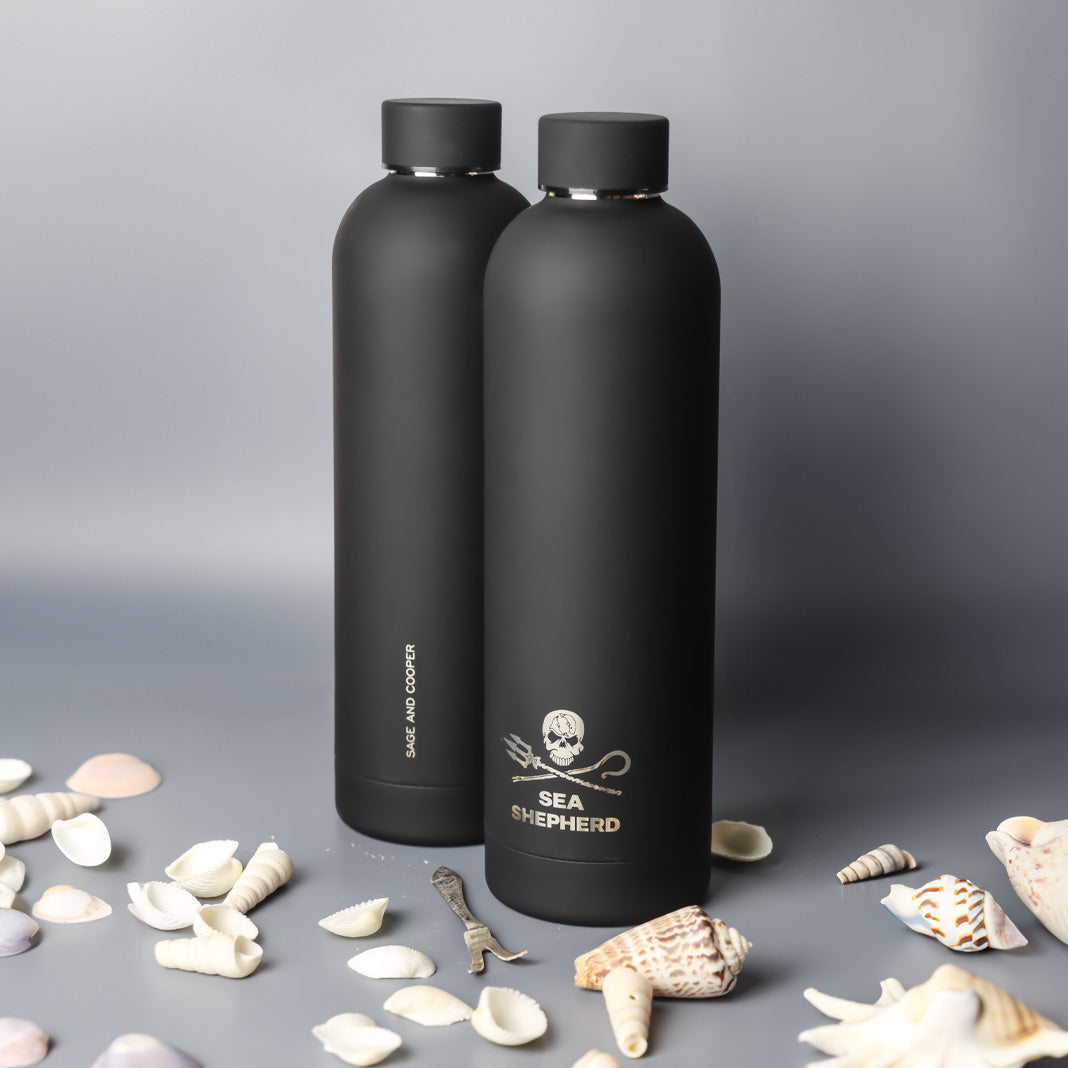
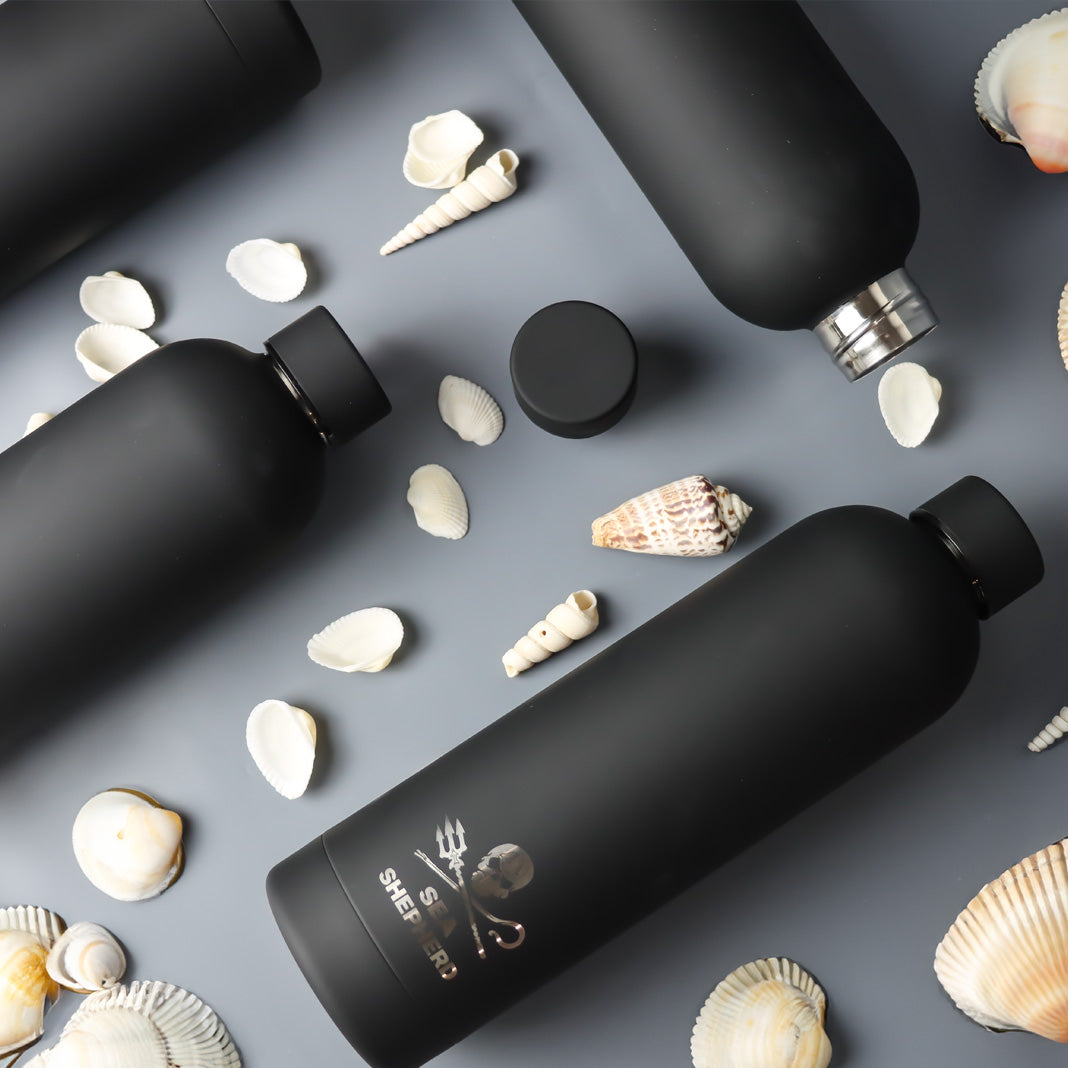
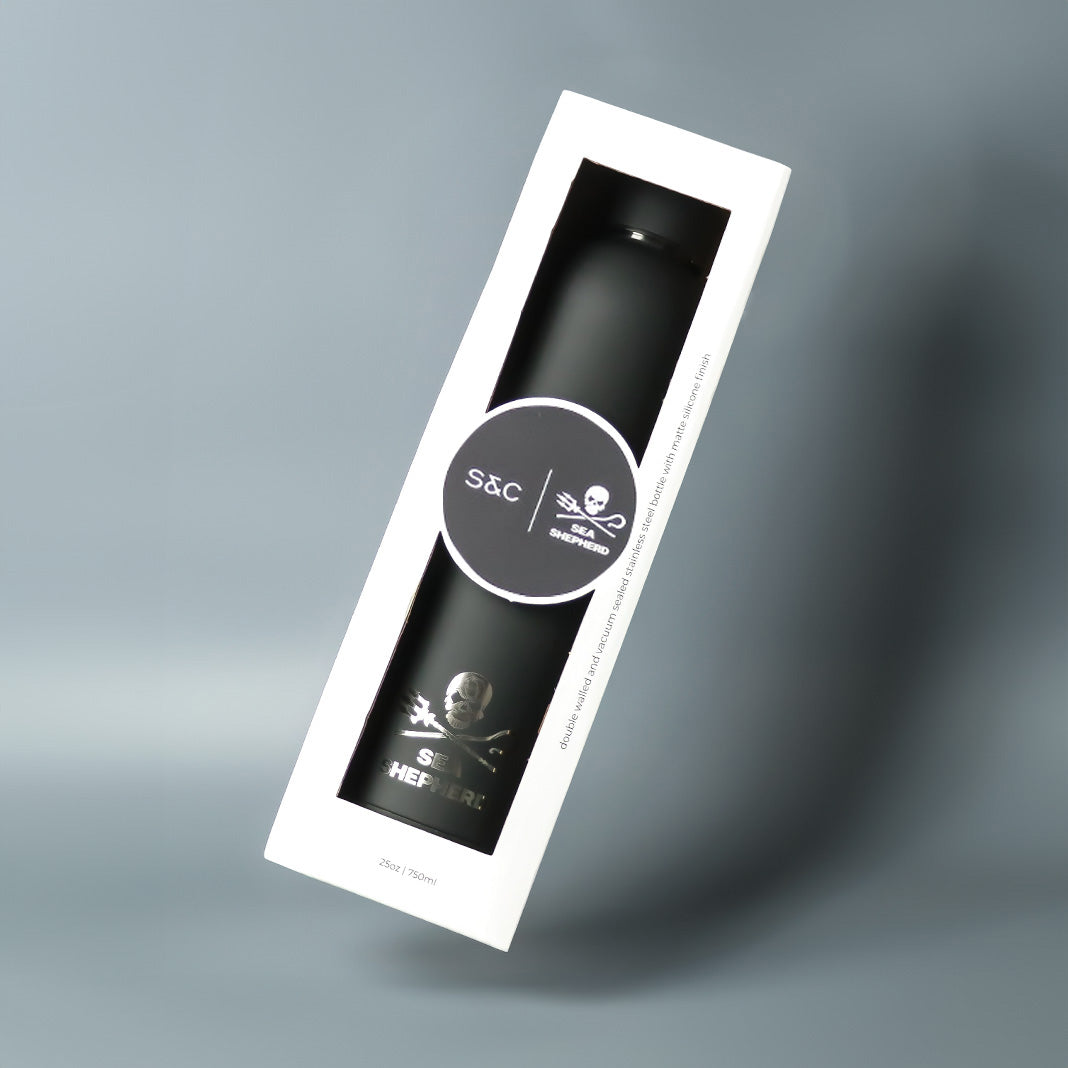
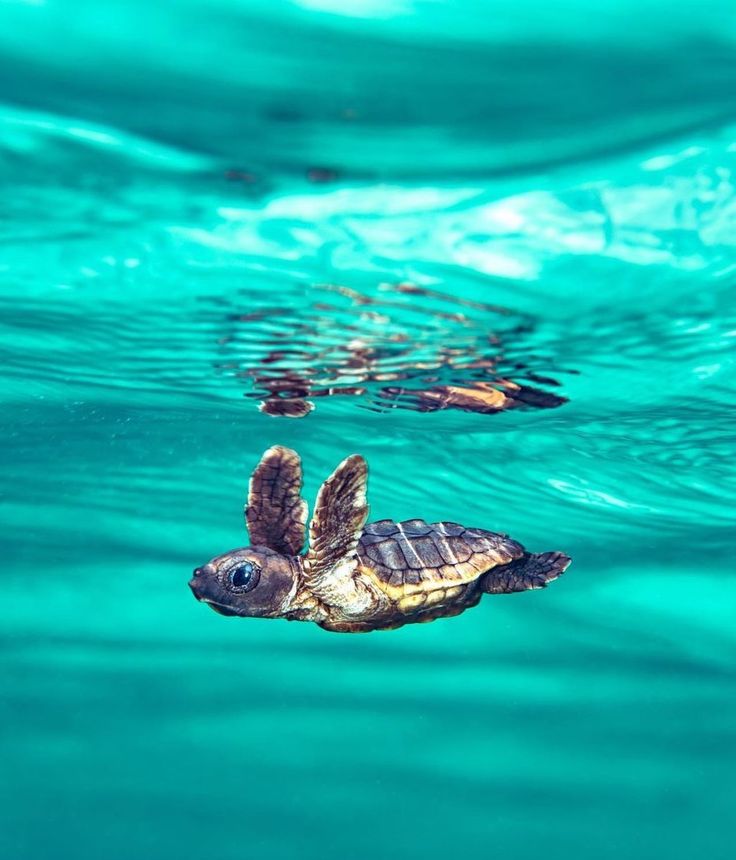
Save the Turtles!
Current Campaign:
Keep Sea Shepard teams on the ground to provide immediate relief from plastic pollution for nesting turtles.
Did you know? Australia's six sea turtle species are all either endangered or vulnerable.
With every purchase of our Sea Shepherd collaborated products you help Sea Shepard help marine life!
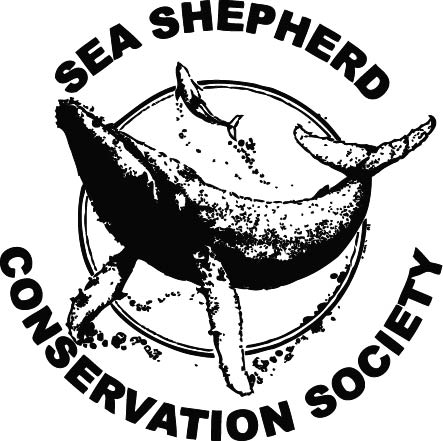
#Refill&Reuse
Sea Shepherd Australia are a direct action ocean conservation organisation. Their mission is to defend, conserve and protect marine wildlife. From the majestic whales in the Southern Ocean, to the countless marine animals impacted by illegal fishing off the coast of West Africa, to endangered turtles off our Australian coastline – they fight for all marine life.
-
 Sold out
Sold outAllegra Bottle
Regular price From $29.95 AUDRegular priceUnit price / per$29.95 AUDSale price From $29.95 AUDSold out -
Olive 350ml Reusable Cup
Regular price $34.95 AUDRegular priceUnit price / per$34.95 AUDSale price $34.95 AUD -
Windsor Tea Infuser Bottle
Regular price $29.95 AUDRegular priceUnit price / per$29.95 AUDSale price $29.95 AUD


